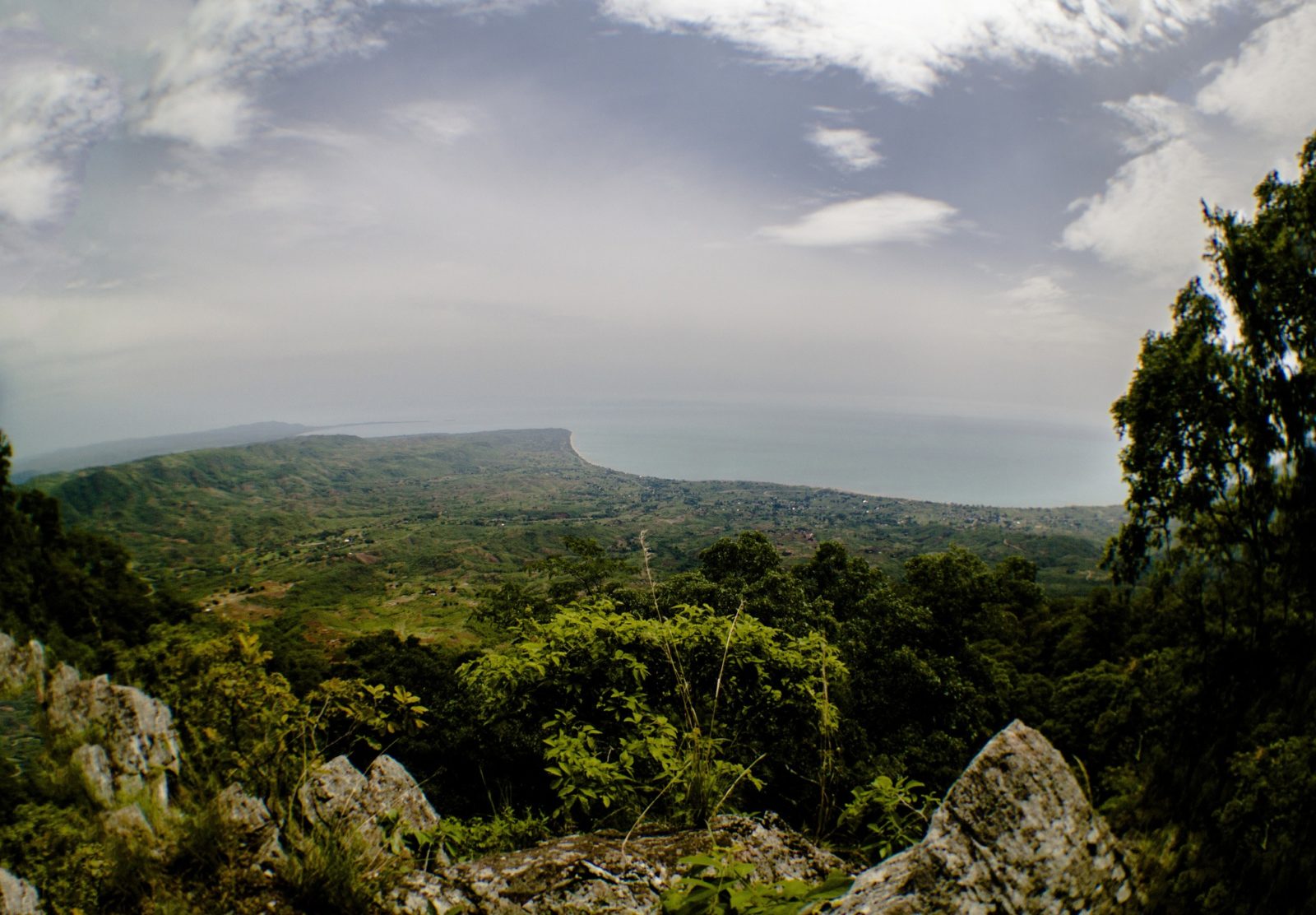Read the interactive version here
The villagers of Mwabulambo in northern Malawi first heard about the planned mining activities in their village when the trucks arrived. When the villagers asked what was happening, they were told that a coal-mining facility was going to be running in their neighbourhood for the next two years.
The rural women in the area hoped this new development would bring job opportunities and a much-needed healthcare centre to the area for their families. Yet in the space of half a year, local communities were progressively uprooted by mining activities they had been completely unaware of. None of the villagers had been consulted about these changes and no consent had been given.
Because of Malawi’s significant mineral wealth, the government has actively promoted private investments in mining and resource extraction, trying to diversify its economy away from agriculture, in particular tobacco. A large number of licenses were issued all around the country, allowing oil and gas extraction to take place in areas around Lake Malawi, including protected UNESCO World Heritage sites.
Even Malawi’s newest draft law, the relatively-progressive Mines and Minerals Bill, exposes a significant administrative loophole: the lack of transparency about the mining-related risks. This means that local communities’ right to access information, obtain respectful resettlement agreements, and be informed about the benefits and risks of existing and future problems aren’t officially enforced.
“We need to support coalitions in helping women involved in mining, residing in mining communities or working in civil society to conduct their own research in the space they occupy and communicate their own stories using different media. Malawi is introducing a new Mines and Minerals Act which will include Community Development Agreements,” explains Rachel Etter-Phoya, Head of Accountability, Policy and Programmes at Citizens for Justice Malawi.
“The Publish What You Pay (PWYP) global coalition and national coalitions can support us in learning best practice and how to ensure women in particular can advocate for themselves and their families in these agreements”
“This is an improvement of the 1981 Act that places minimal requirements on companies to engage with nearby communities. The Publish What You Pay (PWYP) global coalition and national coalitions can support us in learning best practice and how to ensure women in particular can advocate for themselves and their families in these agreements.”
When mining has negative consequences like in Mwabulambo, rural women are disproportionately affected. Despite Malawi’s Constitution recognising women’s right to equal protection and non-discrimination, they are still affected by the socio-cultural gender biases and attitudes. This is a recurring theme found in many countries where PWYP members are based.
As a rural woman in a remote community, access to information about mining activities is a huge challenge. Their participation in community meetings about extractive activities is extremely limited; women are often excluded because of their educational abilities and strenuous daily schedules.
“Artisanal and small-scale mining provides an opportunity for much needed non-farm income and women make up the majority engaged in this sector. There has been some limited support for technical training and for establishing cooperative, but more work needs to be done in this regard,” says Rachel.
Communities like Mwabulambo are ingrained with patriarchal systems which give more decision-making power about land use to men. If this balance was equally shared with the women who most often work with the land, risks could be diminished as a family-first approach would be prioritised…
Read the full interactive version here











